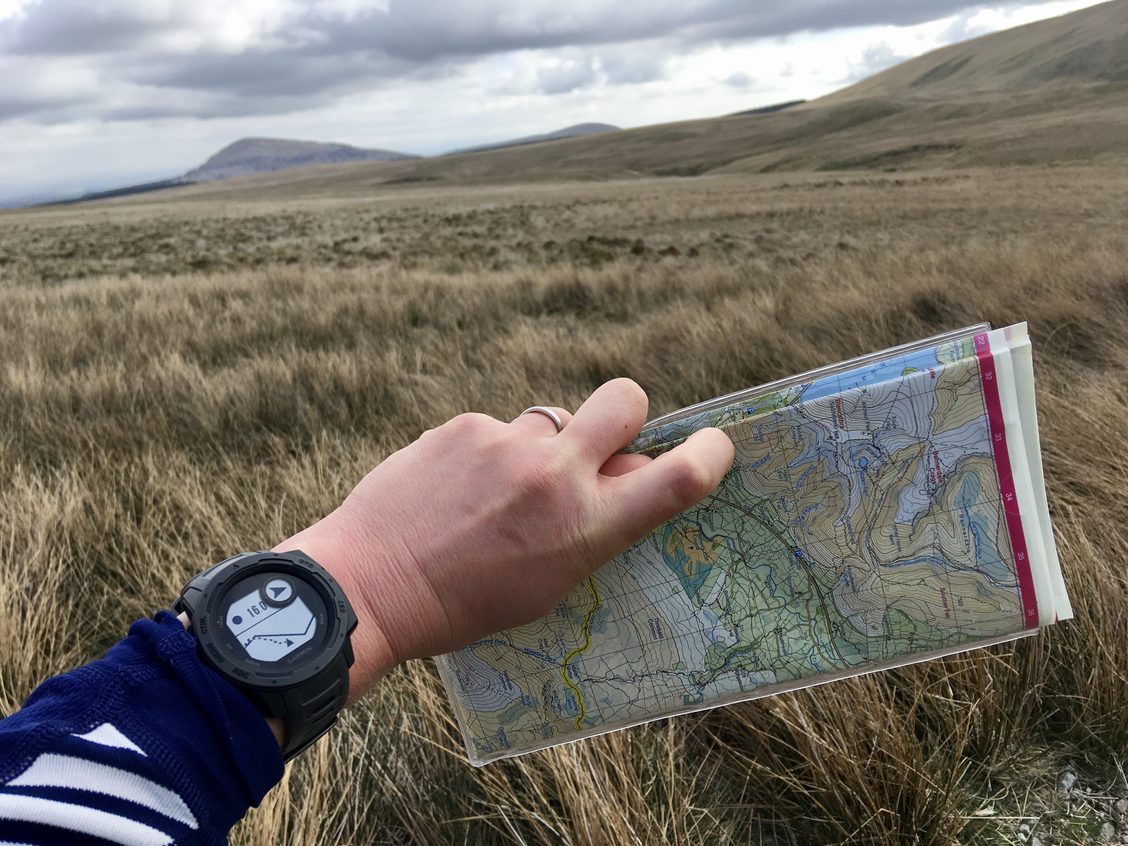Being clear about your values, as an individual or an organisation, can be a very effective way to provide direction. It can also keep you on track: by guiding decisions about what you do and how. Values are like a compass – a simple navigational device you can consult when in doubt about which way to go.
So as a consultant I use values with teams wanting to develop a shared purpose and ways of working. And values can be useful when working as a coach too, particularly around decision-making and careers planning. Values offer an inspiring and simple framework for long-term planning and day-to-day decisions. But sometimes talking about values can feel wishy-washy. There’s nothing less inspiring than having a set of nouns than feel meaningless, or worse still hypocritical, to stakeholders.
In my experience values-based models need to be authentic, accountable, clearly defined and inclusive. Below I’ve set out some of the tools I use with coachees and organisations wanting to be guided by their values.
Authentic: values aren’t invented, they need to be surfaced
The first step is to identify the values and for individuals a simple way to do this is a questionnaire.
For groups the process needs a little more structure to ensure all voices are heard. For example, this week I’ll be using Appreciative Interviews with a client team to surface their values with by sharing stories.
I’ve noticed that certain values seem to be fashionable with arts organisations (e.g. Creativity, Excellence and Diversity). But it’s important to be honest about what really matters, what defines your organisation, what guides your decisions, what is your bottom line? When you’ve drafted a short-list double check: does this capture our essence? Is there anything missing? If the list is more than 4-5 values then ask yourself – which are the key ones?
Clear: values need to be defined and embedded
Linguistically speaking values are abstract nouns, so not surprisingly the words alone can be somewhat… abstract! At worst values can be open to interpretation and mean nothing or are so vague they don’t guide you. So values need be defined – we need to ask ourselves ‘what does this value mean for how we work’?
Once you have a shortlist I suggest drafting a 1-2 sentence definition of what that value means in practice. It can also be helpful to include some of the core behaviours that demonstrate that value in action.
For example – one of my personal values is ‘Challenge’ and I define it like this: ‘wanting to create positive change, actively challenging inequality, constantly seeking to improve’.
In terms of my behaviours I think embody that value that are relevant to my work, I came up with:
Not being afraid to challenge those in power.
Working with clients that embrace learning via mistakes above playing it safe.
You can download my guide to defining values, which includes an example from Ripon Museum Trust, an independent museum I supported to define their values a few years ago.
Inclusive: everybody needs to be involved, and the values need to make sense to everyone
If you’re developing a values-based approach within an organisation, especially if you’re using values to inform change, then it’s crucial to involve everyone in shaping the values.
At Ripon Museum Trust a task group of volunteers, staff and Trustees created a first ‘draft’ which was shared and refined by the wider organisation. This ensured the values resonated and could be usefully applied across everyone’s role. The kind of questions we asked were: do these values sum up what is special about RMT and important about what the organisation does? What examples can you find of these values in action now? Where do we fall short – and what would living the values more fully look like to you?
Accountable: values can be aspirational, but we need to work at ‘living’ them
It’s OK for not to be living your values 100% of the time yet. Values need to be credible but they can be aspirational too. In fact articulating your values is a great way to approach organisational change.
A good exercise for noticing whether you’re on track as a team is a simple ‘As Is/ To Be’ analysis. This involves describing together where you are now (‘as is’) and where you aspire ‘to be’, taking each value in turn. Once you’ve shared your collective wisdom as to how you’re doing, and discussed any differences of view, you can start to generate options as to how to improve.
In a coaching context, I often suggest looking at values as part of career planning if clients are faced with competing options or not sure whether the path ahead is the right one for them. I’ve developed this simple tool to help.
So – am I walking the talk? How have I used my values recently? I tend to look at them anytime I’m reflecting or planning. For example, when I was thinking about my budget for 2021 my value of Care led to the decision to continue to offer Pay What You Can coaching and also to make available free resources and tools online.
At the end of the day though, just like my compass, I think our values really come into their own in a crisis or when you’re feeling really unsure about your ‘path’. In the hills I mainly use my compass when the mist comes down and I can’t see the way ahead. And in times of massive disruption to how we normally work values can help us make bold and creative decisions too.

